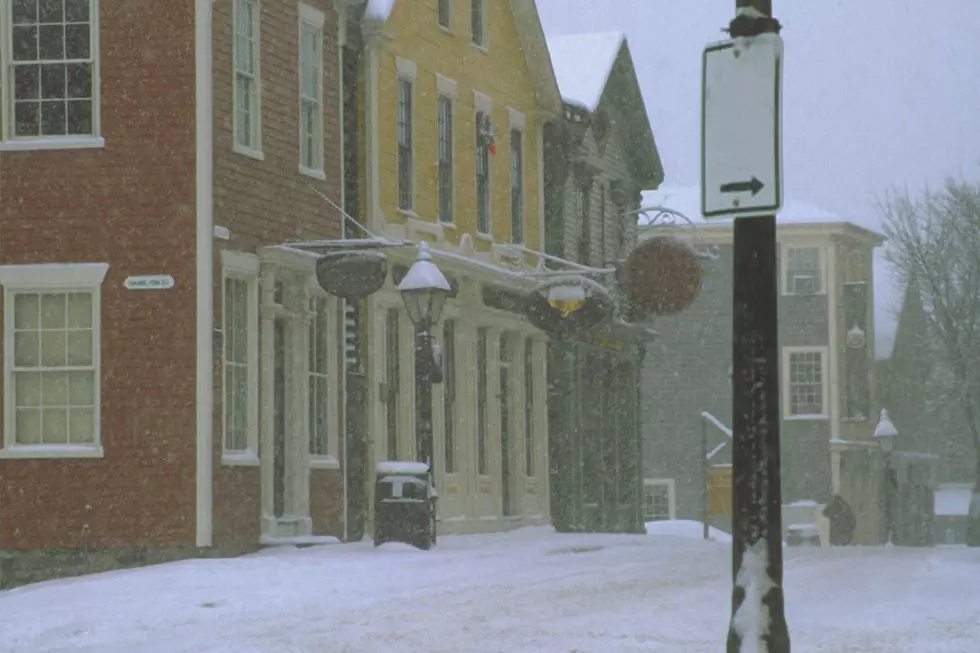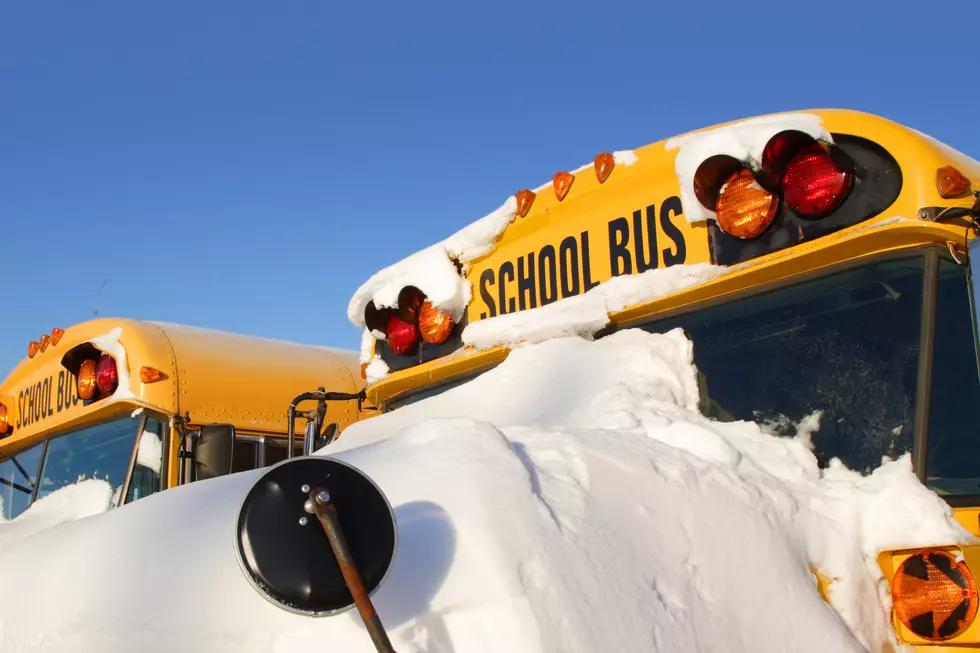
Will This Be SouthCoast’s Winter Without a Snowstorm?
I was looking ahead at the long-range forecast on the Weather Channel app earlier today. I noticed two things.
First, I saw a surprising number of days over the next two weeks with temperatures in the 40s and even 50s. Friday's high, for example, is expected to be 55. Even the overnight temperatures expected for the next 14 days weren't incredibly cold.
It got me thinking: At the end of the coming two weeks, we'll be knocking on February's door without having experienced even a threat of a major winter storm. It's been a pretty mild winter, and I'm not that upset about it.
I wondered if this could possibly be a winter without a snowstorm here on the SouthCoast.
Where Have All the Snowstorms Gone?
I reached out to ABC6 Meteorologist Nick Morganelli to get his thoughts.
"I do see that the pattern we're in changes in about 10 days," Morganelli said. "The last full week of January, I think we have a couple of chances at getting some significant snow, but it all depends on that storm tracker and if it comes close enough to us, or does it change over to rain and wash everything away?"
Nick reminded me that we've "still got six good weeks to get hit, and even then ... there's always that March snowstorm. I don't think we're out of the woods yet."
Morganelli says that this is a "La Nina" year, during which the ocean waters in the Pacific are cooler than normal, shifting the jet stream a bit.
"That's why they're getting all this flooding on the West Coast," he said.
All of the storms that have come across the country have veered toward Ohio and Quebec, leaving the SouthCoast on the warm side.
So, Could This Be a Winter Without a Snowstorm?
Nick believes that we'll see another cold surge of arctic air at the tail end of the month.
"At that time, either right before or right after that cold surge moves in, there could be a chance for a couple of snowstorms. February is a whole other ballgame. It could completely change and (then) we've got one of those storm tracks that drop repeated coastal storms on us."
LOOK: The most extreme temperatures in the history of every state
More From WBSM-AM/AM 1420









